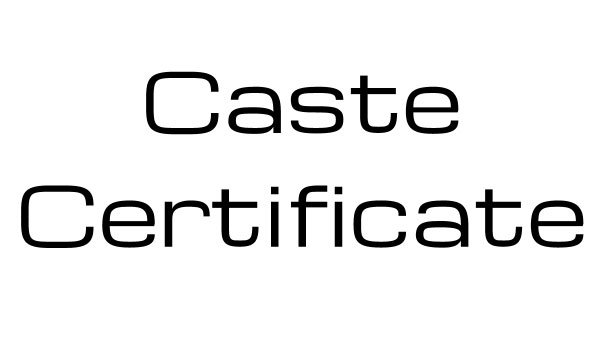K. Daiva Kumar, president, Dakshina Kannada Scheduled Castes/Scheduled Tribes and Repatriates Welfare Association estimated that nearly 20 per cent of the community – who live in colonies abutting rubber plantations along the Western Ghats – will not receive caste certificates.
After a decade-long struggle for caste recognition, the government had formally approved handing over caste certificates in mid-July.
The certificates could, however, be issued only to those identified as repatriates in a survey conducted by village accountants earlier this year.
The survey identifies 1,453 families or 6,343 people as Sri Lankan repatriates, of which 695 are Scheduled Castes families and just two families are Scheduled Tribes.
Out of these, around half of the households (or, 757 families) have been identified as having passports that would enable them to obtain SCs, STs, Other Backward Class and minority certificates.
“In the 1960s and 70s, when the first repatriations started, our grandparents had Sri Lanka-issued passports. However, many of them have either lost their passports over the years, or have passed away, leaving the children without a passport of their own,” said Mr. Kumar.
Furthermore, activists pointed out that the survey of families was “shoddily” done, with numerous families being left out – especially those who now live or work in Mangaluru and Udupi.
Having gone to a wedding with her family in December, Sridevi Kowdichar – a resident of Hariyadka village – said her family of four was excluded from the survey. “We had no notification of the survey. As we stay outside the rubber colony, we had little idea a survey was being conducted,” she said.
“Many families had left for work, while others have shifted houses. The Village Accountants have missed names during their one-day survey of the colonies,” said Ramar, an activist based out of Perlambadi colony in Puttur.
Revenue Department officials said they have started receiving applications complaining of exclusion of names from the report. “Nearly 24 families have sent applications to the Puttur tahsildhar’s office alone saying their names had been excluded. The final number could be above 100 in Puttur, Sullia and Kadaba limits,” said an official.
Officials cited six conditions mentioned in the order by the Social Welfare Department that has led to the rejection of applications. The conditions include: proof of repatriation through Camp certificate and Citizenship letters; passport or immigration letters; an affidavit of caste vouched by five persons; among others.
(thehindu.com)






